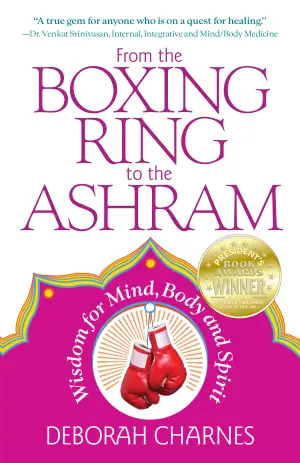Review of All Better Now by Neal Shusterman
I first became acquainted with Neal Shusterman through his award-winning exploits in young adult literature, but it was the intriguing title of his latest release, All Better Now, that truly caught my eye. There’s something inherently magnetic about a story that promises healing—a theme that resonates deeply in our tumultuous world. As I dove into its pages, I found myself on a journey that wove together humor, vulnerability, and the complexities of human relationships, a hallmark of Shusterman’s storytelling prowess.
All Better Now features an array of heartfelt characters, each grappling with their unique struggles in the wake of personal and collective crises. The narrative centers on 17-year-old Evan, who, after a life-altering event, must navigate the choppy waters of adolescence mixed with the daunting realities of mental health—and let’s be honest, it’s a journey many of us can relate to. Shusterman does a remarkable job portraying the weight of societal expectations and the often-hidden wars we fight within ourselves. The dialogues are rich, echoing genuine emotions that stirred memories of my own adolescent battles.
As a writer, Shusterman’s style is both accessible and layered, weaving humor into poignant moments effortlessly. His pacing allows readers to digest each revelation without feeling rushed, effectively transforming what could be merely a “coming-of-age” narrative into a profound exploration of recovery and reconciliation. I found myself laughing aloud at the witty banter between characters, while simultaneously being moved by their deeper struggles—a delicate balance that Shusterman has mastered over the years.
One of the most striking elements was the way he blends reality with surreal moments, creating a narrative that feels both grounded and otherworldly. A passage that resonated deeply for me was when Evan reflects, “Sometimes it takes falling apart to realize what’s been holding you together all along.” This line encapsulates the heart of the novel, reminding us that healing isn’t linear or simple—it’s complex and often messy, yet incredibly vital.
The testimonials surrounding this book are no exaggeration: "a stunning novel, impossible to put down once begun," and "a compelling, spell-binding story" reflect just how captivating Shusterman’s work can be. For those who have enjoyed his previous novels, such as Everlost or What Daddy Did, you’ll find that familiar blend of humor and gravitas that pushes the narrative into uncharted territories of emotion.
As a reader, All Better Now left an imprint on my heart. It’s a reminder of the resilience of youth and the power of community—a much-needed narrative in today’s world. I wholeheartedly recommend this book to anyone who has ever felt overwhelmed by life’s challenges or is interested in exploring the intricate dynamics of mental health with a touch of laughter. Whether you’re a teenager experiencing the trials of growing up or an adult reflecting on your own journey, All Better Now offers a bridge to understanding that we’re all navigating our individual pathways towards healing—together.
In closing, Neal Shusterman once again proves himself as not just a storyteller, but a compassionate observer of the human experience. If you’re looking for a book that interlaces humor with genuine angst, then pick up All Better Now. I promise you’ll emerge feeling a little more hopeful and understanding of the “all better” moments we seek in our own lives.







